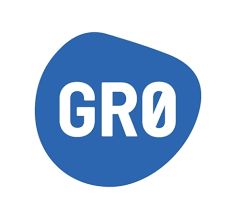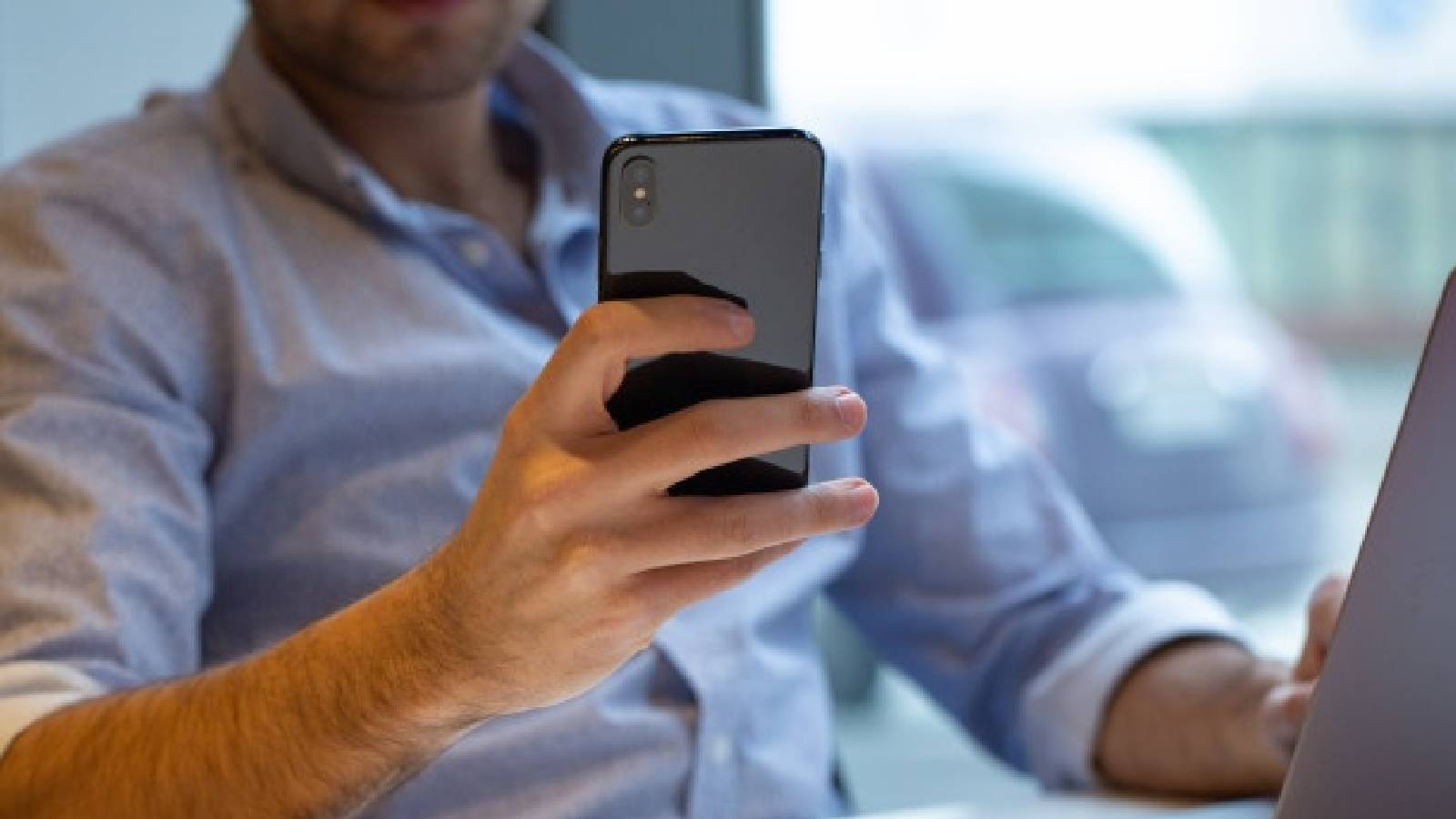
The latest information online article from digital marketing expert Jon Zacharias is centered around the burgeoning industry of SMS commerce. As Asurion reported back in late 2019, Americans check their phone 96 times every day, which is one every ten minutes on average. While some would gravitate towards apps and social media marketing, those solutions require more finesse and understanding about where your audience is. But, every phone has one feature: a Short Message System, or SMS for short.
SMS is a great component to any multi-channel strategy, as it is cost-effective, scalable, and outright effective. This is because SMS messages are not only delivered near-instantly, but they also boast one of the best open rates of direct marketing communications and it is incredibly easy to track how frequently they’re opened. Not only that, but SMS allows you to reach your audience at any moment of the day, without relying on them checking for an email or browsing social media; their text inbox is a direct line that is available practically 24/7. But, this can actually make SMS marketing difficult, as it requires a great deal of care in knowing when to reach out, and how frequently you do so. As it is a private line consumers are more likely to be protective of it, and are more willing to opt out of branded messages or even block the sender. To this end, Jon Zacharias lays out some of the strategic advice he’s implemented in working with GR0.
Marketing Technology News: Vericast Survey: How Deals Play a Role in Return to Pre-Pandemic Activities
As Zacharias notes, it’s imperative to ensure that a user has opted in to receiving your messages before you decide to send. It can be tempting to instantly log a cellular number into your system after receiving it on account creation or with an order, but in this instance discretion is the better part of valor. By respecting your audience’s privacy they are more likely to respect you in turn, and will appreciate that you aren’t hounding them for their time, attention, and money. Furthermore, there are many countries that legally require opt-in for data protection reasons, so you’ll want to ensure that you’re complying with local law.
Secondly, text messages are a line of communication that will immediately alert the consumer, unlike email. This means that the timing of your message is more important than ever, and that you should consider time zones when planning national SMS campaigns. Customers are likely not going to want to respond to messages sent at odd hours like the early day or late night, so it is best to time your correspondence around traditional working hours. This can also be relevant to the day of the week you chose to send as well; if you work in hospitality it could be advised to send a message later in the week and encourage weekend planning. Understand that your SMS messages are part of a larger, multi-channel campaign, and so you won’t want to be overloading a user with exposure to your brand. Consider the last time they may have seen an ad of yours when planning to send them a message so as not to bother them.
Finally, Jon Zacharias explains that every SMS message from a marketer needs to follow two simple guidelines. One, it must contain the name of your brand so the person understands who they are communicating with. Two, it should be both short and meaningful, often presenting some sort of offer or limited-time special to justify directly contacting them. While it could be tempting to simply duplicate copy you’ve used elsewhere into an SMS, it’s important to personalize for the medium you’re working and tailor your message for the venue it comes in. This continues in line with Zacharias’ theme of respecting the user, their privacy, and their time by minimizing your brand’s potential obtrusion into their SMS inbox. Not only that, but you will want to tempt the user to open the message from the limited preview they will get of it on their notification screen. If that small blurb contains the sale or promotion you will see a much greater response as opposed to a message that begins with a lengthy introduction.
Marketing Technology News: MarTech Interview With George Donovan, Chief Revenue Officer at Allego
To some it might seem a bit treacherous to step into SMS marketing and potentially annoy customers, but it is important to also understand the immense benefits this communication channel can provide. Prices will vary depending on your provider of choice, but on average an SMS blast can cost from $30 to $300, offering you instant messages to your consumers that have incredibly high open rates. This gives you a quick way to directly spread awareness of a promotion or discount in the name of driving sales and engagement from your users. As the mobile market continues to balloon more brands will seek to connect to their customers through SMS, and the competition will continue to increase. By working early to establish connections with your audience you can earn their trust in early stages and gain credibility before it becomes scarce.
With GR0, Jon Zacharias has found great success using SMS marketing for brands big and small, all working to offer unique content tailored directly for their customers. The burgeoning marketing agency works closely with clients to help integrate SMS into multi-channel marketing strategies, bolstering SEO, online awareness, and even sales. While SMS may be a single piece of a larger puzzle, Zacharias and his team put expertise into action in combining all of them to contribute to your developing digital image.












Comments are closed.